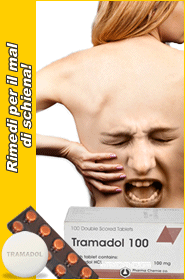Non ci sono articoli nel tuo carrello.
Descrizione Prodotto
What is carisoprodol?
Carisoprodol is a muscle relaxer that works by blocking pain sensations between the nerves and the brain.
Carisoprodol is used together with rest and physical therapy to treat injuries and other painful musculoskeletal conditions. It also may also be used for other purposes not listed in this medication guide.
What is the most important information I should know about carisoprodol?
This medication may be habit-forming and should be used only by the person it was prescribed for. Carisoprodol should never be given to another person, especially someone who has a history of drug abuse or addiction. Keep the medication in a secure place where others cannot get to it. You may have withdrawal symptoms when you stop using carisoprodol after using it over a long period of time. Do not stop using this medication suddenly without first talking to your doctor. You may need to use less and less before you stop the medication completely. Carisoprodol can cause side effects that may impair your thinking or reactions. Be careful if you drive or do anything that requires you to be awake and alert. Avoid drinking alcohol. It can increase drowsiness and dizziness caused by carisoprodol.
What should I discuss with my healthcare provider before taking carisoprodol?
Do not use this medication if you are allergic to carisoprodol or meprobamate (Equanil, Miltown), or if you have porphyria.
Before using this medication, tell your doctor if you are allergic to any drugs, or if you have:
epilepsy or other seizure disorder;
liver disease; or
kidney disease.
If you have any of these conditions, you may need a dose adjustment or special tests to safely take carisoprodol.
Tell your doctor if you are pregnant or plan to become pregnant during treatment. It is not known whether carisoprodol passes into breast milk or if it could harm a nursing baby. Do not use this medication without telling your doctor if you are breast-feeding a baby. Do not give this medication to a child younger than 12 years old.


















